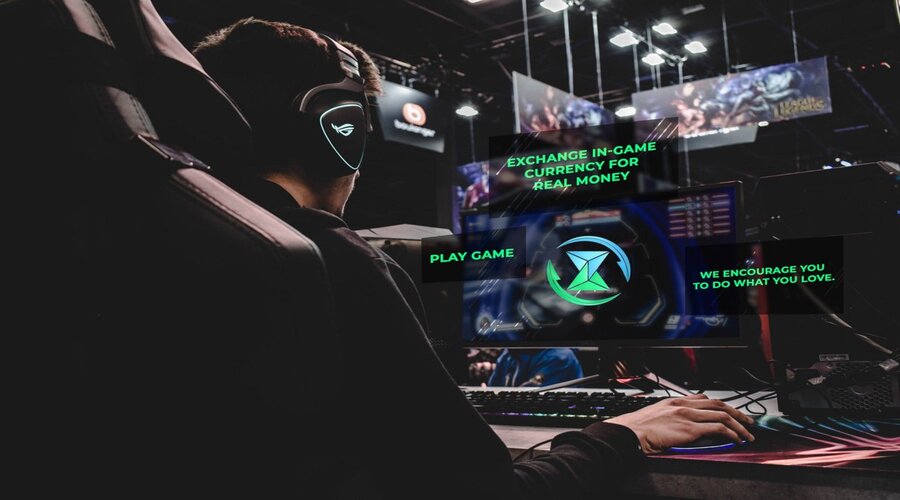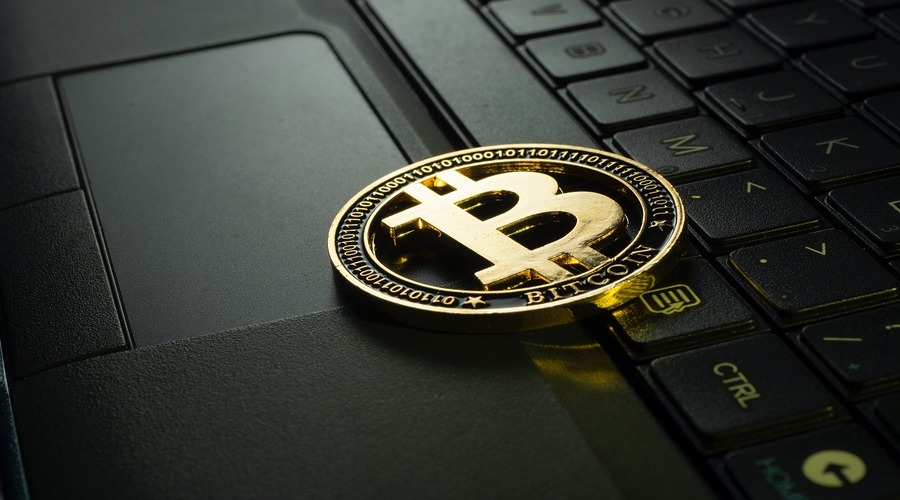The gaming industry and the cryptocurrency market have seen significant growth in recent years. The integration of altcoins into gaming presents new opportunities and challenges for both industries. In this post, we will explore the potential benefits and challenges of integrating altcoins into gaming and how they can impact the gaming industry.
Benefits of Altcoins in Gaming
The integration of altcoins into gaming can provide several benefits, such as:
- Increased Security: The use of altcoins can provide increased security for in-game transactions and prevent fraudulent activities.
- Faster Transactions: Altcoins can enable faster and more efficient in-game transactions, allowing gamers to make purchases quickly.
- Cross-border Transactions: Altcoins can enable cross-border transactions, allowing gamers to make purchases from anywhere in the world.
- Incentivize Gameplay: Altcoins can be used as rewards for in-game achievements, incentivizing gameplay and increasing engagement.
Challenges of Altcoins in Gaming
While the integration of altcoins into gaming presents several benefits, it also poses some challenges, such as:
- Regulatory Challenges: The regulatory landscape surrounding altcoins is complex, and the gaming industry may face regulatory challenges if they integrate altcoins into their games.
- Volatility: The volatility of altcoins can pose a risk to gamers who use them for in-game transactions, as their value can fluctuate significantly.
- Education: Educating gamers about the benefits and risks of using altcoins in gaming can be challenging, and the gaming industry must invest in educating their players.
Use Cases of Altcoins in Gaming
Several use cases of altcoins in gaming have emerged, such as:
- Crypto-Based Games: Several games have emerged that use altcoins as in-game currency or rewards, such as Gods Unchained, My Crypto Heroes, and CryptoKitties.
- Esports and Betting: Altcoins can be used for esports betting, where gamers can bet on their favorite teams or players using altcoins.
- In-Game Purchases: Altcoins can be used for in-game purchases, such as buying virtual items, weapons, and skins.
Future of Altcoins in Gaming
The integration of altcoins into gaming is still in its early stages, and there is significant potential for growth. The future of altcoins in gaming will depend on several factors, such as:
- Increased Adoption: Increased adoption of altcoins in gaming can lead to increased engagement and revenue for the gaming industry.
- Improved User Experience: The integration of altcoins into gaming must provide a seamless user experience for gamers, and the industry must invest in improving the user experience.
- Regulatory Framework: The development of a regulatory framework surrounding altcoins can provide clarity and stability for the gaming industry.
Altcoins in Gaming: Case Studies
Several case studies demonstrate the potential of integrating altcoins into gaming. Here are some examples:
- Enjin: Enjin is a blockchain gaming platform that allows developers to create games using blockchain technology. The platform enables in-game transactions using Enjin Coin (ENJ), a cryptocurrency that can be used to buy virtual items, weapons, and skins.
- Splinterlands: Splinterlands is a digital trading card game that uses blockchain technology to enable in-game transactions using the Splinterlands’ cryptocurrency (SPL). Players can earn SPL by playing the game and use it to buy and sell digital cards.
- Decentraland: Decentraland is a virtual reality platform that uses blockchain technology to enable in-game transactions using MANA, a cryptocurrency that can be used to buy virtual land and items.
Challenges for the Gaming Industry
The integration of altcoins into gaming presents some challenges for the gaming industry, such as:
- Technical Expertise: Integrating altcoins into games requires technical expertise, and the gaming industry may need to hire blockchain developers to implement the technology.
- Regulatory Challenges: The regulatory landscape surrounding altcoins is complex, and the gaming industry may face regulatory challenges if they integrate altcoins into their games.
- Education: Educating gamers about the benefits and risks of using altcoins in gaming can be challenging, and the gaming industry must invest in educating their players.
Opportunities for the Gaming Industry
Despite the challenges, integrating altcoins into gaming presents several opportunities for the gaming industry, such as:
- Increased Engagement: Altcoins can incentivize gameplay and increase engagement among players, leading to increased revenue for the gaming industry.
- New Revenue Streams: The integration of altcoins into gaming can create new revenue streams for the gaming industry, such as through in-game transactions and esports betting.
- Competitive Advantage: Integrating altcoins into gaming can provide a competitive advantage for game developers, attracting more players and driving growth.
Best Practices for Integrating Altcoins into Gaming
To successfully integrate altcoins into gaming, game developers and the gaming industry must follow best practices, such as:
- User Experience: The integration of altcoins into gaming must provide a seamless user experience for gamers, and game developers must invest in improving the user experience.
- Security: The use of altcoins in gaming presents security risks, and game developers must prioritize security measures to prevent fraudulent activities.
- Education: Educating gamers about the benefits and risks of using altcoins in gaming is crucial to their adoption. Game developers must invest in educating their players to ensure their safe and effective use of altcoins in gaming.
- Integration: Integrating altcoins into gaming requires technical expertise, and game developers must hire blockchain developers to implement the technology effectively.
- Regulatory Compliance: The regulatory landscape surrounding altcoins is complex, and the gaming industry must comply with regulatory requirements in the jurisdictions they operate.
By following these best practices, game developers and the gaming industry can successfully integrate altcoins into gaming and capitalize on the opportunities presented by this emerging technology.
Conclusion
In conclusion, the integration of altcoins into gaming presents new opportunities and challenges for both industries. While altcoins can provide increased security, faster transactions, and incentivize gameplay, they also pose regulatory challenges, volatility risks, and education challenges. The use cases of altcoins in gaming, such as crypto-based games, esports and betting, and in-game purchases, present significant potential for growth. The future of altcoins in gaming will depend on increased adoption, improved user experience, and the development of a regulatory framework.




